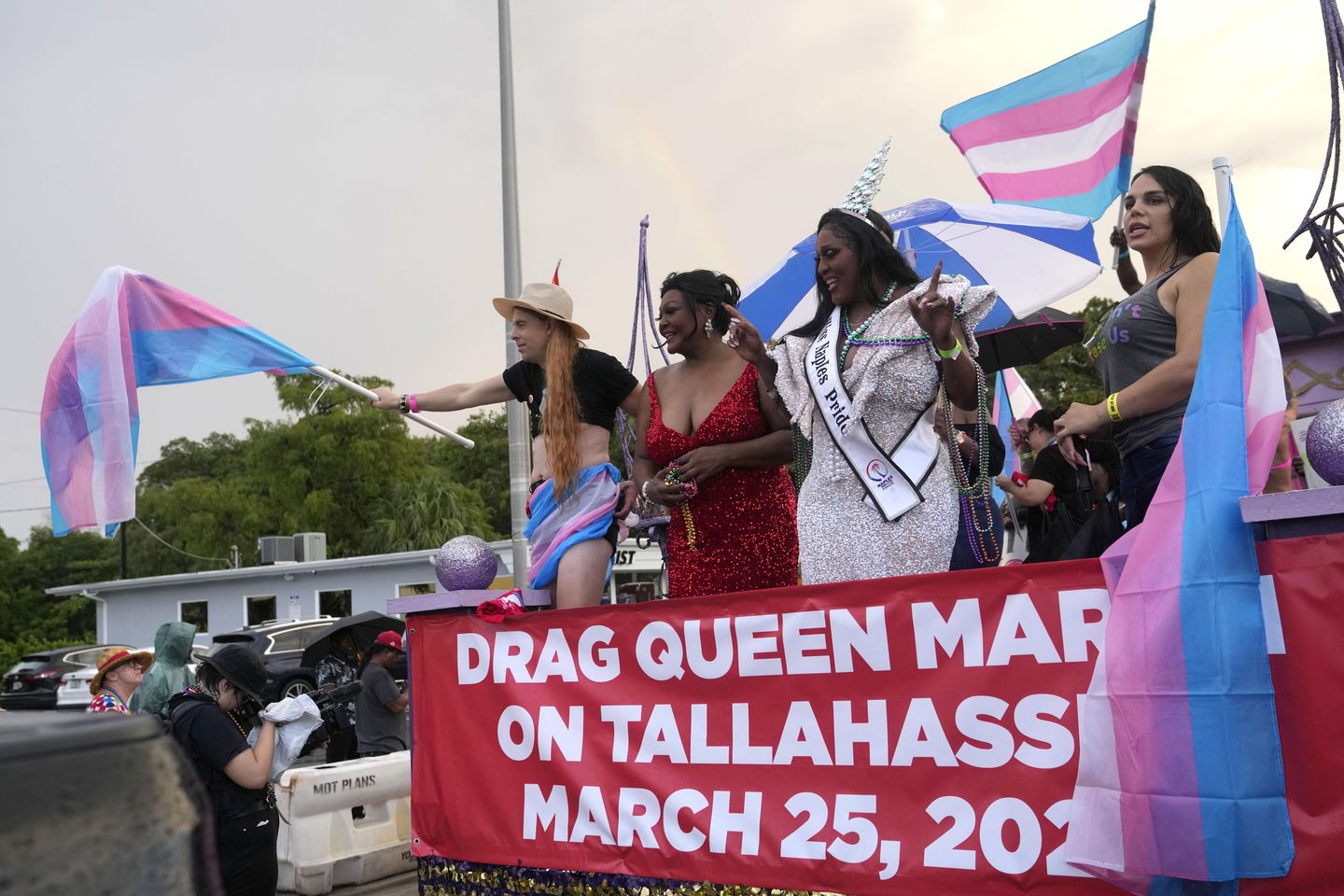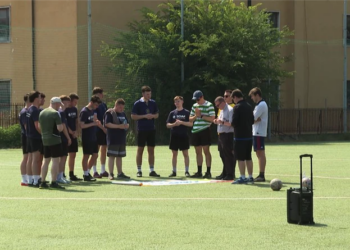
A Florida city has successfully pressured organizers to move a drag queen performance from a public playground to an indoor venue, marking another chapter in the ongoing cultural and legal debates about such events in public spaces. Here’s what you need to know about this localized controversy with broader implications:
The original event
Planned performance sparked community debate:
- Drag queen story hour and performance scheduled at public playground
- Promoted as family-friendly community celebration
- Organized by local LGBTQ advocacy group
- Permitted through standard city event process
- Advertised to general audience including families
- Part of broader Pride Month activities
- Similar to events held in other communities nationwide
The city response
Municipal officials took unusual enforcement approach:
- City council publicly questioned event appropriateness
- Special meeting called to review permit approval
- Legal review of event against state and local regulations
- Officials cited recently passed state legislation
- Contacted organizers with specific concerns
- Offered indoor alternative at community center
- Threatened potential permit revocation if not relocated
The legal context
Florida law creates specific framework:
- State legislation restricting drag performances in public spaces
- Prohibitions on certain content where minors might be present
- Legal definitions of adult entertainment recently expanded
- Municipal authority to regulate public space usage
- First Amendment considerations for expressive conduct
- Public forum doctrine affecting government restrictions
- Local ordinances on public event permitting
The compromise solution
Negotiations resulted in modified event:
- Performance relocated to indoor community center
- Age verification procedures implemented
- Content guidelines agreed upon by organizers
- City provided alternative venue at no additional cost
- Event retains essential elements but with restrictions
- Ticketing system replacing open public access
- Both sides claiming partial victory in resolution
The community reaction
Response reflected deep community divisions:
- Supporters of original event citing discrimination concerns
- Opponents praising city for “protecting children”
- Local businesses taking sides through sponsorship decisions
- Religious organizations mobilizing opposition
- LGBTQ advocates arguing for equal access to public spaces
- Parent groups divided along ideological lines
- Social media amplifying local dispute to national audience
The broader implications
Controversy reflects nationwide pattern:
- Similar disputes occurring across multiple states
- Legal precedents potentially emerging from various challenges
- Legislative efforts targeting drag performances continuing
- Municipal governments navigating complex legal terrain
- Culture war aspects dominating political narratives
- Rights of expression versus community standards debate
- Public space access questions increasingly litigated
The political dimensions
Issue reflects deepening partisan divides:
- Republican officials generally supporting restrictions
- Democratic leaders typically defending event access
- Neutral language from officials masking political positioning
- Electoral considerations apparent in official responses
- Advocacy groups mobilizing around controversy
- Fundraising appeals citing dispute from both sides
- Local governance increasingly nationalized
What happens next
Several key developments are anticipated:
- Potential legal challenge to city’s actions
- Precedent-setting implications for similar events
- Community dialogue sessions planned by officials
- Review of event permitting procedures
- Similar controversies likely in other communities
- State legislators monitoring local implementation
- Court cases eventually addressing constitutional questions
Read more:
• Florida city fights back on drag queen show at playground, moves show inside
This article is written with the assistance of generative artificial intelligence based solely on Washington Times original reporting and wire services. For more information, please read our AI policy or contact Ann Wog, Managing Editor for Digital, at awog@washingtontimes.com
The Washington Times AI Ethics Newsroom Committee can be reached at aispotlight@washingtontimes.com.


![Trump Posts Hilarious Pope Meme, Leftists Immediately Melt Down [WATCH]](https://www.right2024.com/wp-content/uploads/2025/05/Trump-Posts-Hilarious-Pope-Meme-Leftists-Immediately-Melt-Down-WATCH-350x250.jpg)




![LA Protest Casualty? Dead Body Found as Riots Stretch Into Fifth Night [WATCH]](https://www.right2024.com/wp-content/uploads/2025/06/1749642627_LA-Protest-Casualty-Dead-Body-Found-as-Riots-Stretch-Into-350x250.jpg)
![Soros Network, Others Behind LA Riots [WATCH]](https://www.right2024.com/wp-content/uploads/2025/06/Soros-Network-Others-Behind-LA-Riots-WATCH-350x250.jpg)








